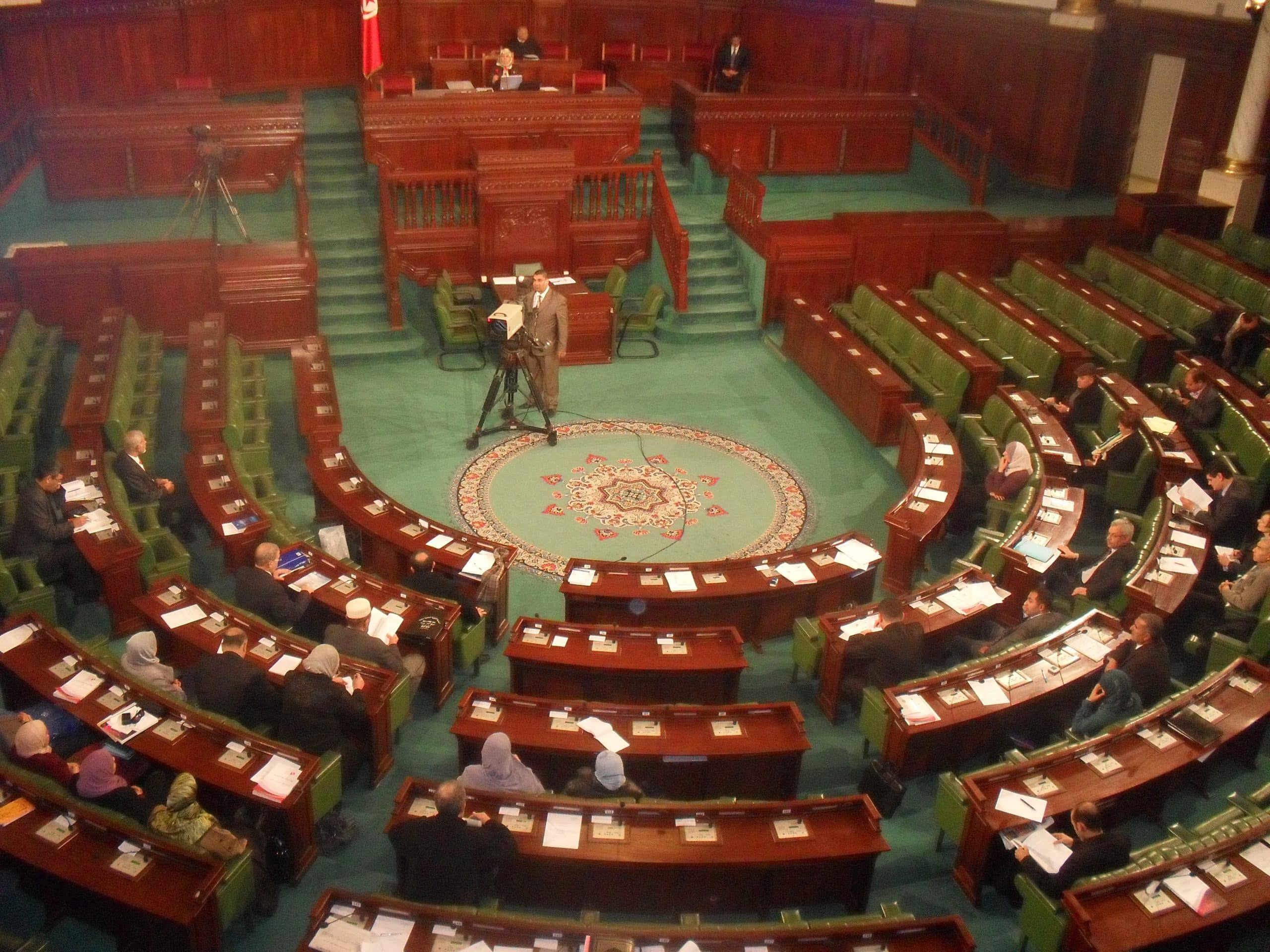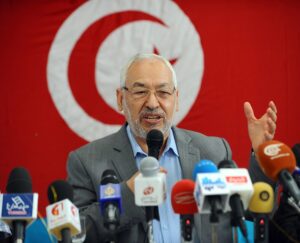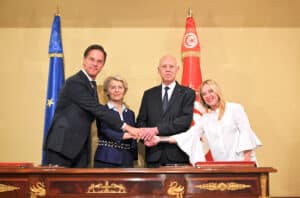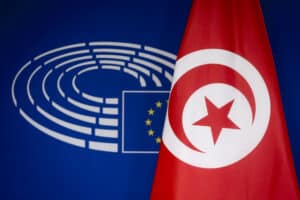On the 15th of February Fakhfakh announced his proposal for a new government after nearly a month of deliberation. Fakhfakh announced that 15 members of his proposed government are independent, while the remaining of the 29 ministers and two secretaries of state are divided between the Ennahda party (6 ministries), the Democratic Current Attayar (3 ministries), the Echaab Movement (2 ministries) and Tahaya Tounes (2 ministries).
What becomes evident from this proposal is that Fakhfakh left the second biggest party, the Heart of Tunisia, out of its formation. Fakhfakh made clear that he is adamant to form a government that is committed to rooting out corruption as well as choose candidates from parties that he considers are aligned with the goals of the 2011 revolution which ignited the Arab Spring. The Heart of Tunisia party has faced continuous corruption accusations which has made them an unpopular work partner, so also for Fakhfakh. However, the exclusion caused both the Heart of Tunisia party as well as Ennahda to reject the proposal. Ennahda stated that it would only join a unity government that brings all parties across Tunisia’s political spectrum together. Therefore it is necessary for Fakhfakh and Ennahda to continue negotiation regarding the government formation since the proposal includes 6 Ennahda members. With the largest parties either opposed to the proposal or unenthusiastic about its composition, it will be difficult for Fakhfakh to gain a strong majority needed in the deeply fractured parliament. If the proposal is rejected by parliament next week, Tunisia is forced to hold new parliamentary elections within three months. These elections would be the second parliamentary elections held since October of last year.
Tunisian parliamentary elections 2019 and first government proposition.
On October 6th 2019 Tunisia held parliamentary elections for the first time since 2014. The moderate Islamic party “Ennahda” received 52 seats, the “Heart of Tunisia party” (Qalb Tounes) received 38 seats, the Democratic Current Party received 22 seats and several other parties received 21 or less seats.
In early November the biggest party Ennahda proposed to name a prime-minister from its own ranks, namely agricultural engineer Habib Jemli, because Tunisians had given the party the responsibility to implement its electoral programs. In January 2020 Jemli proposed a cabinet made up of independent technocrats but was rejected in parliament with only 72 of the 217 seats backing it. Since Ennahda did not have a majority is was forced to compromise to form a cabinet and its potential coalition partners Attayar, Achaab’s Movement and prime-minister Youssef Chahed’s Tahya Tounes party all rejected the proposal. One argument was that a candidate from outside Ennahda that had an economic background to help save the worsening economy in the country was preferred, while another argument states that the proposed cabinet was in reality not independent but merely a move by Ennahda to press its members and allies into government. With the rejection of the cabinet proposal, it was up to president Kais Saied to choose a new candidate for prime-minister within 10 days. He chose former finance minister Elyes Fakhfakh on the 20th of January 2020.
Sources: Daily Sabah / Reuters / CGTN / Middle East Eye / France 24 / TAP.
Photo: Wikimedia.



